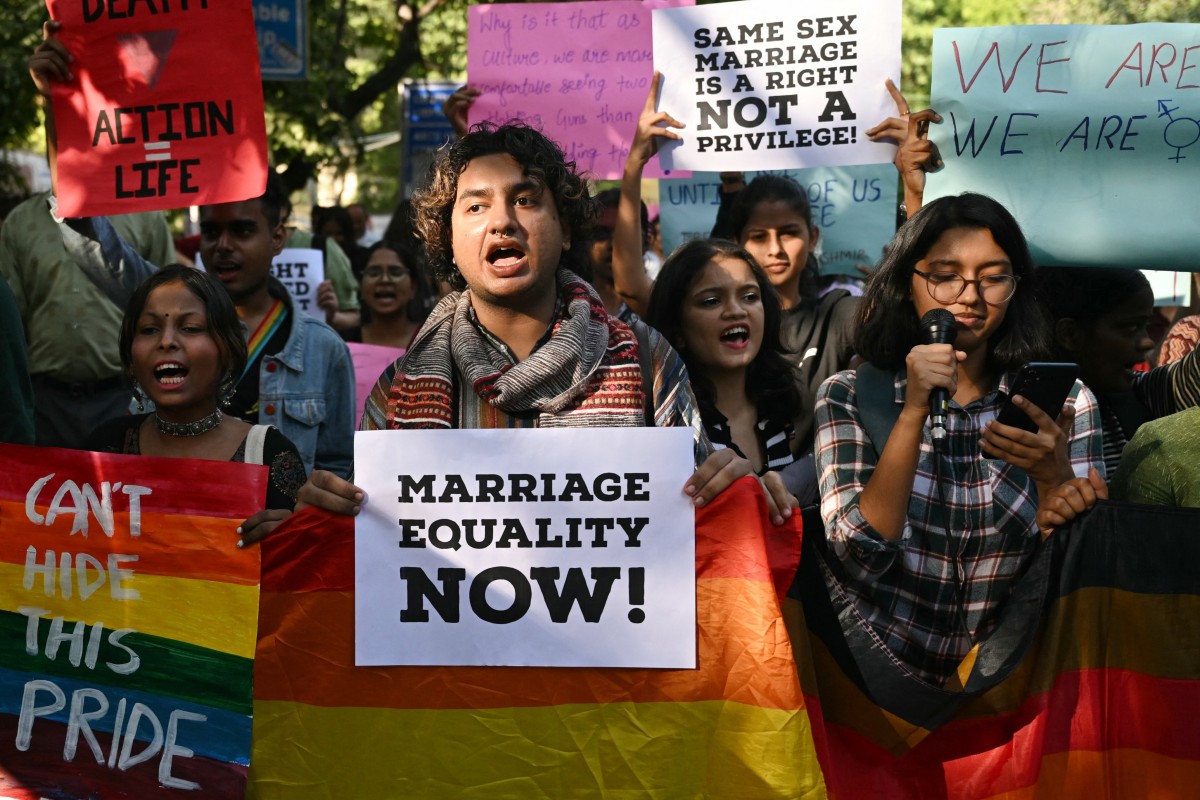India’s Catholic bishops have welcomed the recent Supreme Court verdict refusing to grant legal status to same-sex marriages.
The judgment reaffirms the institution of traditional marriage, rooted in the sacred teachings and values held by the Catholic Church and many other faiths, according to the Catholic Bishops’ Conference of India (CBCI).
In an October 17 ruling, a five-judge Constitution bench of the Supreme Court of India, headed by Chief Justice D.Y. Chandrachud, unanimously refused to grant legal recognition to same-sex marriages.
The bench, in a 3-2 verdict, ruled against civil unions for non-heterosexual couples.
The court emphasized that the court’s role is to interpret existing laws, not create them, and that any changes to the legal framework must come through Parliament amending the Special Marriage Act.
The verdict also ruled against legalizing same-sex marriage by either amending or inserting words in Section 4 of the Special Marriage Act.
The judgment aligns with the Catholic Church’s position that “marriage is a union exclusively between a man and a woman, who, through mutual self-gift, is dedicated to the procreation and upbringing of new human lives.”
The CBCI affirms that Christian marriage is viewed as a sacrament and a symbol of the covenant between Christ and the Church, emphasizing that homosexual unions are fundamentally different from the divine plan for marriage.
The petitioners had argued that their inability to marry violated their constitutional rights, making them feel like “second-class citizens.”
They sought gender-neutral language in the Special Marriage Act, advocating for replacing “man” and “woman” with “spouse” to include same-sex unions, but this was not upheld by the Supreme Court.
The federal government and religious leaders strongly opposed the petitions, contending that only Parliament had the authority to address the socio-legal issue of marriage.
They argued that legalizing same-sex marriage could lead to societal “chaos.”
Justice P.S. Narsimha, however, acknowledged the lack of legal recognition for civil unions and urged the government to protect queer relationships.
He directed the center, states, and union territories to ensure that the queer community is not discriminated against, saying that queerness is a natural phenomenon known for ages and is neither urban nor elitist.
The Catholic Church also emphasizes the need to treat individuals with same-sex attractions with respect, compassion, and sensitivity, rejecting any unjust discrimination.
The CBCI encourages such individuals, like all Christians, to uphold the virtue of chastity. However, the body of bishops adds that homosexual acts are considered contrary to the natural moral law, with sacred scriptures condemning them.
The CBCI remains committed to promoting respect, compassion, and understanding among all people, regardless of their sexual orientation or beliefs, while continuing to stand by teachings that emphasize the sanctity of marriage and family life.







